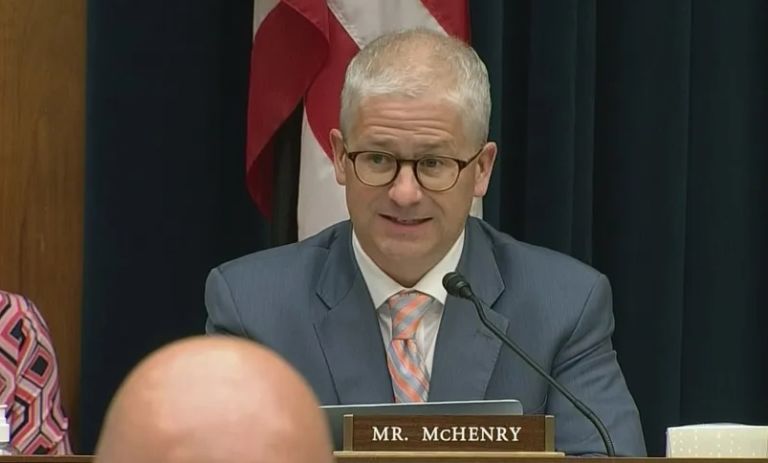Yuval Levin explains at National Review Online why he likes a new Republican proposal for federal COVID-19 relief.
Signs of life in the legislative branch are always welcome, and the move by ten Republican senators to propose an alternative to the Democrats’ pandemic-relief bill is certainly such a sign.
The group — which includes Bill Cassidy of Louisiana, Susan Collins of Maine, Shelley Moore Capito of West Virginia, Jerry Moran of Kansas, Lisa Murkowski of Alaska, Rob Portman of Ohio, Mitt Romney of Utah, Mike Rounds of South Dakota, Thom Tillis of North Carolina, and Todd Young of Indiana — has offered a set of proposals much more focused than the Democrats’ on the actual needs of the pandemic response. Both substantively and strategically, what they’ve proposed is a smart move.
Substantively, they would accept the core of the administration’s direct COVID response proposal, including money for vaccine distribution, a huge testing expansion fund, and disaster-relief funds — all at the levels President Biden has asked for. …
… Strategically, the move could call the Democrats’ bluff, as their emerging strategy for this relief bill has depended on the premise that Republicans are unwilling to make a deal. Rather than start the new president’s term with a bipartisan relief measure (like the five such measures enacted over the past year), and so maybe putting some substance behind President Biden’s talk of seeking compromise, congressional Democrats have decided over the past week to push their bill through the budget-reconciliation process. …
… Republican senators showing a willingness to strike a deal will make those moderate Democrats even less likely to support a reconciliation strategy. And of course, that’s part of the point. In a closely divided legislative chamber (and both the House and Senate are very narrowly divided now) each party should want to divide the other, not unify it, while also pursuing a policy course that appeals to voters and is good for the country.


